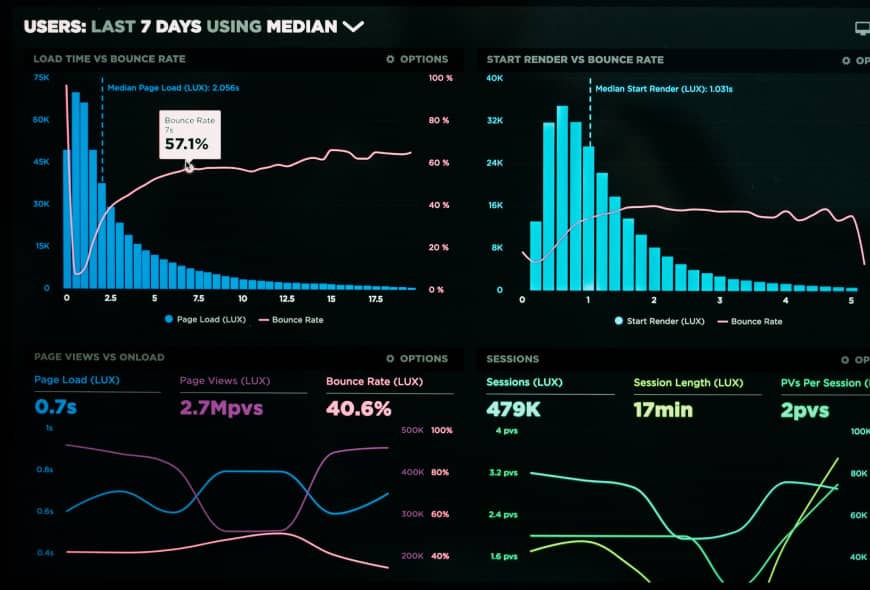The restaurant industry is navigating a sea of change. From labor shortages to shifting customer preferences, restaurant consultants in India and around the globe are stepping in to guide businesses through these turbulent waters. In this article, we dive into the key challenges faced by the industry today, leveraging expert insights from restaurant consultants in India and beyond to offer practical solutions.
1. Labor Shortages and Staffing Issues
- Key Challenge: One of the most pressing challenges is the ongoing labor shortage. Restaurants are struggling to find qualified staff, which affects both operations and customer experience.
- Expert Insight: Restaurant consultants emphasize the importance of revising hiring strategies and fostering employee retention. Umesh Kapoor, a leading expert at Zion Hospitality Consultants, suggests a move toward flexible working conditions and increased investment in employee training to address the talent gap. Kapoor emphasizes that by adopting more adaptable work schedules and offering continuous skill development programs, restaurants can not only attract new talent but also retain their best employees, ensuring smoother operations and a more satisfied workforce.
Solution Approach:
- Enhanced Employee Benefits: Offering competitive salaries, health benefits, and a work-life balance.
- Upskilling Programs: Regular training sessions can increase job satisfaction and reduce turnover.
- Automation: Leveraging technology to automate basic tasks, freeing up staff to focus on customer engagement.
2. Rising Food Prices and Supply Chain Interruptions
- Key Challenge: The volatility in supply chains has led to fluctuating food costs, making it difficult for restaurant owners to maintain profitability while keeping menu prices competitive.
- Expert Insight: Sarah Mitchell, a supply chain consultant, points out that diversifying supplier relationships and exploring local sourcing can mitigate some of the disruptions. Additionally, adapting menus seasonally based on ingredient availability is a tactic that consultants strongly recommend.
Solution Approach:
- Local Partnerships: Forming collaborations with local farms and producers to reduce dependency on global supply chains.
- Flexible Menus: Offering seasonal menus to cope with sudden price hikes on certain ingredients.
- Inventory Optimization: Using inventory management software to track usage trends and avoid wastage.
3. Adapting to Changing Consumer Preferences
- Key Challenge: Post-pandemic, customers’ dining preferences have shifted dramatically. Health-conscious eating, plant-based options, and sustainable practices are increasingly becoming the norm. Additionally, the demand for takeout and delivery continues to soar.
- Expert Insight: Michael Brooks, a consultant specializing in customer behavior, advises that restaurants should continually innovate their menu offerings to meet these changing preferences. Keeping an ear to the ground through social media and customer feedback is essential.
Solution Approach:
- Plant-Based and Healthy Options: Offering more vegetarian, vegan, and health-focused dishes.
- Sustainability Initiatives: Partnering with eco-friendly suppliers and adopting waste reduction practices.
- Tech-Driven Solutions: Streamlining online ordering systems to cater to the growing demand for takeout and delivery services.
4. Digital Transformation and Technology Integration
- Key Challenge: The restaurant industry has witnessed rapid digital transformation in restaurants, with more businesses adopting technology for everything from ordering systems to kitchen operations. However, effective restaurant technology integration remains a challenge for many, as it requires careful planning and execution to avoid operational disruptions.
- Expert Insight: Alexandra Gordon, a digital transformation expert, highlights that while digital transformation in restaurants is crucial, it should be approached thoughtfully. Successful restaurant technology integration requires a phased approach to avoid overwhelming staff and confusing customers.
Solution Approach:
- Phased Implementation: Gradually introduce technology solutions to ensure a smooth transition for both staff and customers.
- Staff Training: Invest in training employees to use new systems efficiently.
- Customer-Centric Technology: Prioritize tech that improves the customer experience, such as mobile apps and digital payment solutions.
5. Health and Safety Compliance
- Key Challenge: With the rise of health-conscious consumers and stringent government regulations post-pandemic, ensuring high standards of hygiene and safety is paramount.
- Expert Insight: According to Nina Patel, a compliance consultant, staying ahead of health and safety protocols is a challenge but also an opportunity to build trust with customers. Visible hygiene practices, such as contactless payment options and regular sanitation, can enhance the guest experience.
Solution Approach:
- Staff Hygiene Training: Regular training on hygiene standards and safe food handling.
- Technology for Safety: Use of touchless payment systems and automated sanitization equipment.
- Transparent Communication: Prominently display health and safety measures in both the physical space and online.
6. Sustainability and Eco-Friendly Practices
- Key Challenge: Sustainability is no longer a trend; it’s a necessity. Restaurants must meet the increasing demand for eco-friendly practices, including waste reduction, energy efficiency, and responsible sourcing.
- Expert Insight: Emily Foster, a sustainability consultant, notes that restaurants implementing green initiatives see a marked improvement in brand loyalty. Customers are willing to support businesses that align with their values.
Solution Approach:
- Waste Reduction Programs: Implement strategies like composting and reducing single-use plastics.
- Energy-Efficient Operations: Invest in energy-efficient kitchen equipment and optimize resource use.
- Ethical Sourcing: Ensure ingredients are sourced from environmentally responsible suppliers.
Final Thoughts: Thriving in a Changing Landscape
Restaurant consultants agree that the industry is facing an unprecedented array of challenges. However these difficulties also offer chances for growth and innovation. By focusing on labor retention, managing rising costs, embracing digital solutions, and adopting sustainability practices, restaurants can position themselves for long-term success.
Zion Hospitality Consultants is one of the best consulting firms in India, helping restaurants navigate these evolving challenges with tailored strategies that guarantee both customer satisfaction and profitability.
For more updates on restaurant and hospitality consultants, click here : https://zhc.in/blog/
Check out our Tumblr blogs by clicking here : https://www.tumblr.com/blog/zionhospitalityconsultants
